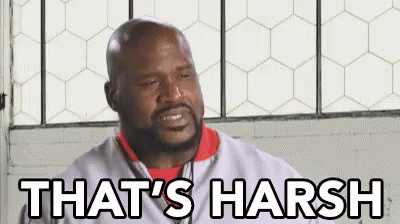To my fellow authors, I know that rejection letter stings. I know that it sinks down into your mind and heart. It makes you doubt whether you should even continue writing. DON’T LET IT. Rejection now does not mean rejection later and it certainly does not mean rejection forever. Let me share with you some well-known authors who experienced rejection themselves!
Perhaps the name Louisa May Alcott rings a bell in your ears? Alcott was the author of Little Women. The novel follows the lives of four sisters – Meg, Jo, Beth and Amy. These women are loosely based on the women in Alcott’s own life. According to VanityFair, “More than a century after it was first published, the March sisters still galvanize readers, writers, and Hollywood producers.”
However, Alcott received one of the harshest rejection letters of her time when Publisher James T. Fields rejected her work and advised her, “Stick to your teaching, Miss Alcott. You can’t write” (Boston Women’s Heritage Trail). If you saw the latest movie remake, Little Women, you saw first hand the treatment that Jo received for her writing.

What might have happened if Alcott had allowed these insults to change her mind? She never would have published her novels that still bless our screens today!
After her success, Louisa herself wrote, “Twenty years ago, I resolved to make the family independent if I could. At forty that is done. Debts all paid, even the outlawed ones, and we have enough to be comfortable. It has cost me my health, perhaps; but as I still live, there is more for me to do, I suppose” (Boston Women’s Heritage Trail).
Try and try again, it’s all that we can do!
Have you been rejected before, or does the world of traditional publishing seem too intimidating to venture into just yet? Let me know in the comments below!
©KaylaAnnAuthor2022
© KaylaAnn and KaylaAnnAuthor.wordpress.com, 2022. Unauthorized use and/or duplication of this material without express and written permission from this site’s author and/or owner is strictly prohibited. Excerpts and links may be used, provided that full and clear credit is given to KaylaAnn and KaylaAnnAuthor.wordpress.com with appropriate and specific direction to the original content.












You must be logged in to post a comment.